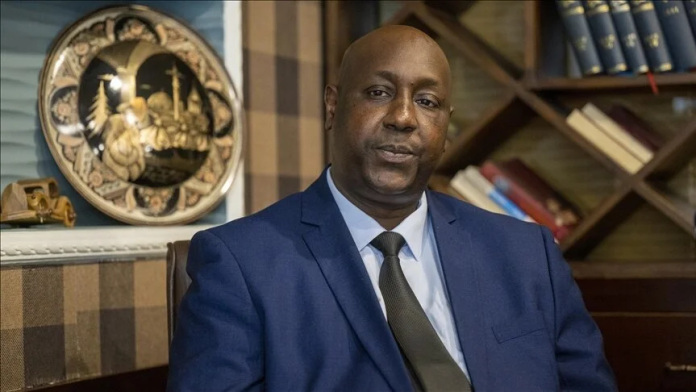The National People’s Party (NPP) Deputy National President and Minister of Agriculture, Dr. Demba Sabally, has called young Gambians who want to emulate PASTEF nothing more than pretenders.
Dr. Sabally recently posted on Facebook, challenging people who aspire to be president to face their delusions. He punctuated his statement with the hashtags #2026 BarrowRek and #2026 BarrowTan.
After he made his comments on the internet, conjecture started to circulate about what it would mean for party members who were considering running for president in 2026. But in a quick denial of such speculation, Dr. Sabally stated in an interview with King FM Radio that the NPP remains cohesive.
The NPP is still united today as it was on the first day, and there is no internal rivalry. We don’t have any internal problems; in reality, no party is perfect. We have a unifying force, and that is HE President Barrow, let me tell you that. Our shared passion for our party and the nation serves as our unifying force. During the recently finished election in our neighbouring country, many of you shouted, “Let’s do Youth A, Youth B, or Youth C.” Many young people expressed their desire to emulate PASTEF. These are the ones I was referring to as wannabes—they are copycats—but there is peace and no wannabes inside NPP.
In response to queries regarding the state of the nation, Dr. Sabally denied assertions that President Adama Barrow had turned The Gambia into a failed state. He emphasised continuous achievements and improvements in infrastructure across a number of sectors, mentioning future global events as well as developments in vital services like agriculture, water supply, and energy.
To be honest, as a cabinet minister, I am unable to name specific nations, but I can assure you that anyone with a certain level of education or experience understands what a failed state is. With 57 heads of state expected to visit this country as we speak, you cannot call the government or this nation a failed state. In this country, even the most isolated community has access to electricity. All the ministries are growing because the water supply and agriculture are growing, he claimed.
Dr. Sabally acknowledged the widespread problem of the high cost of living and placed it in a global context, emphasising the necessity for comparative research and pointing out differences in commodity pricing between Senegal and The Gambia.
Across the world, the cost of living is an issue. The majority of Gambians nowadays have to consume rice, although the price of rice cannot be compared to that of our neighbouring nations. According to him, fertiliser costs D1150 in the Gambia and $68 in Senegal.


